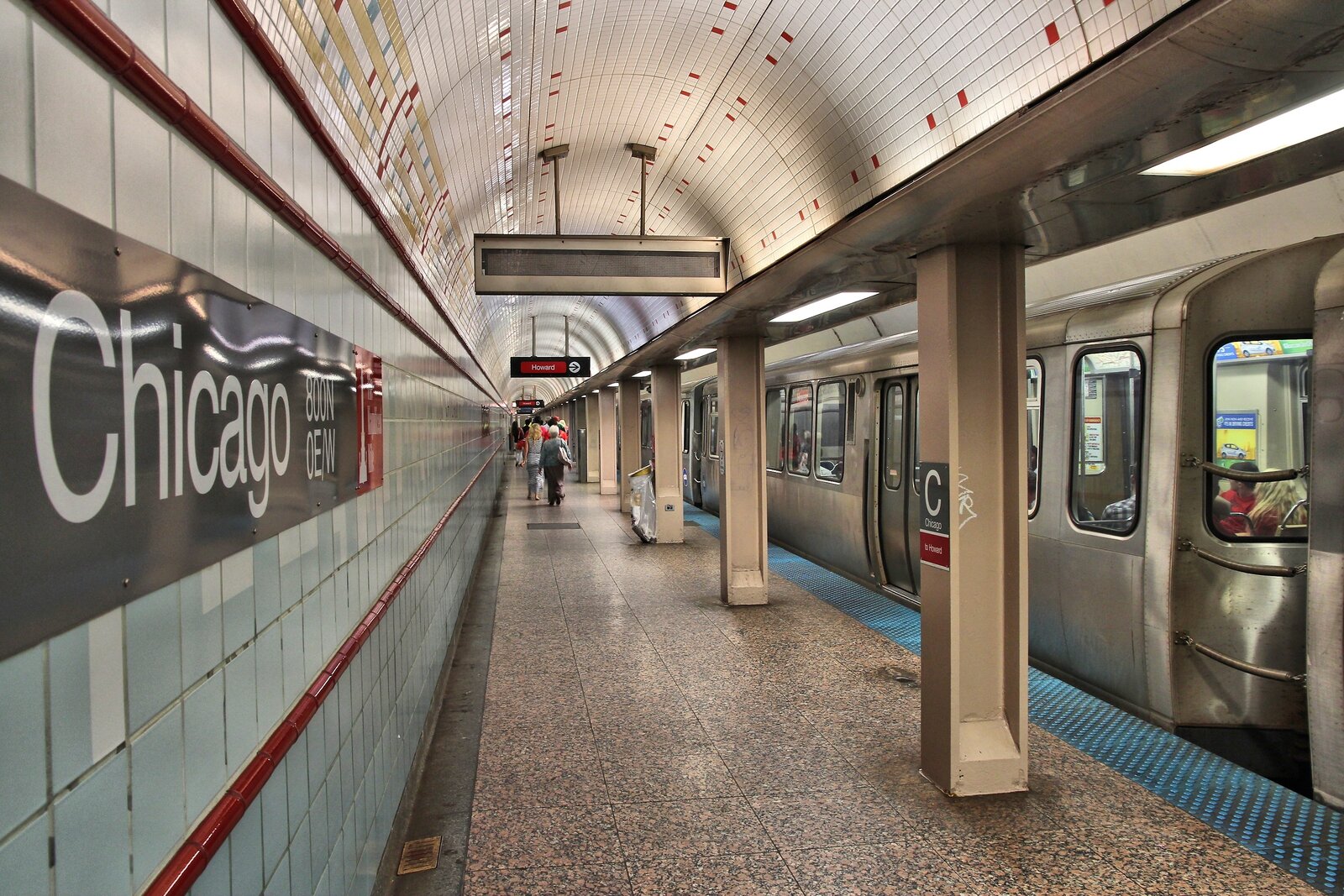Heat trapped underground from growing urban infrastructure could cause major cities to “sink”

Urban infrastructure could face major damage from increased heat trapped underground: Heat emitted and trapped under the surface from subways and buildings — dubbed “underground climate change” — could cause major cities including Chicago, New York and London to “sink,” CNBC reported, citing a Chicago-based study (pdf) published in Nature. Air temperatures in underground human-made structures can be up to 25 °C higher than “undisturbed” ground temperature, which causes the ground to deform and city structures and infrastructure to crack, author of the study and assistant professor of civil and environmental engineering at Northwestern University Alessandro Rotta Loria said. The impact of the added trapped heat — which is rising faster than climate-driven surface global warming — could cause major displacements and is predicted to negatively impact public health, building structures, and public transportation.
How did they measure the heat? 100 sensors smaller than the size of a credit card have been placed in parking garages, basement boiler rooms, and subway tunnels all around the downtown Loop of Chicago to track what Rotta Loria describes as a “silent hazard.”
What can be done: Underground resilience could be integrated into local administration policies, Transportation Secretary Pete Buttigieg told CNBC, adding that alternative building materials that do not emit as much heat can be explored. The path toward mitigation would be costly, but relatively simple, Rotta Loria said, adding that underground thermal insulation can be built into new structures to mitigate waste heat escaping into the earth. The excess heat could also be captured and used as geothermal energy to warm and cool buildings, with an estimated return on investment in about six years, according to Rotta Loria.
Keeping up with China's EV dominance: China's dominance over the EV market will take a lot of work for the West to beat, Bloomberg reports. As cheap Chinese EVs flood European markets, the EU launched an investigation last month into China's subsidies for electric cars. “The European Commission is recognizing the increasingly asymmetric situation our industry is faced with,” the director general of the European Automobile Manufacturers’ Association Sigrid de Vries told Bloomberg. Europe and the US have been trying to develop their EV industries to reduce reliance on China. The share of Chinese brands of EVs in the EU was 8% last year, according to an EU official who spoke to Bloomberg. With Chinese models about 20% cheaper than domestic offerings, the expectation is that they will control 15% of the market by 2025, the official said.
What gives China such an advantage? The Chinese government has heavily invested in EV production and facilities for battery manufacturing. China now processes more than half the world’s lithium, two-thirds of its cobalt, more than 70% of its graphite, and about one-third of its nickel, according to the International Energy Agency. China's production of rare earth elements used in EV motors accounts for more than 50% of the world's supply. China's EV batteries, the costliest part of EV production, come at USD 127 per KW-hour, while in the US and Europe they are 24%-33% more expensive. A single lithium-iron-phosphate battery factory costs around USD 865 mn in the US or Germany, but only around USD 650 mn in China.
What’s next? The US and Europe are working to incentivize domestic EV production and reduce reliance on China, but they'd need to spend USD 82 bn and USD 98 bn respectively on the battery-metal refining to cell-making facilities they’d need by 2030, the report notes.